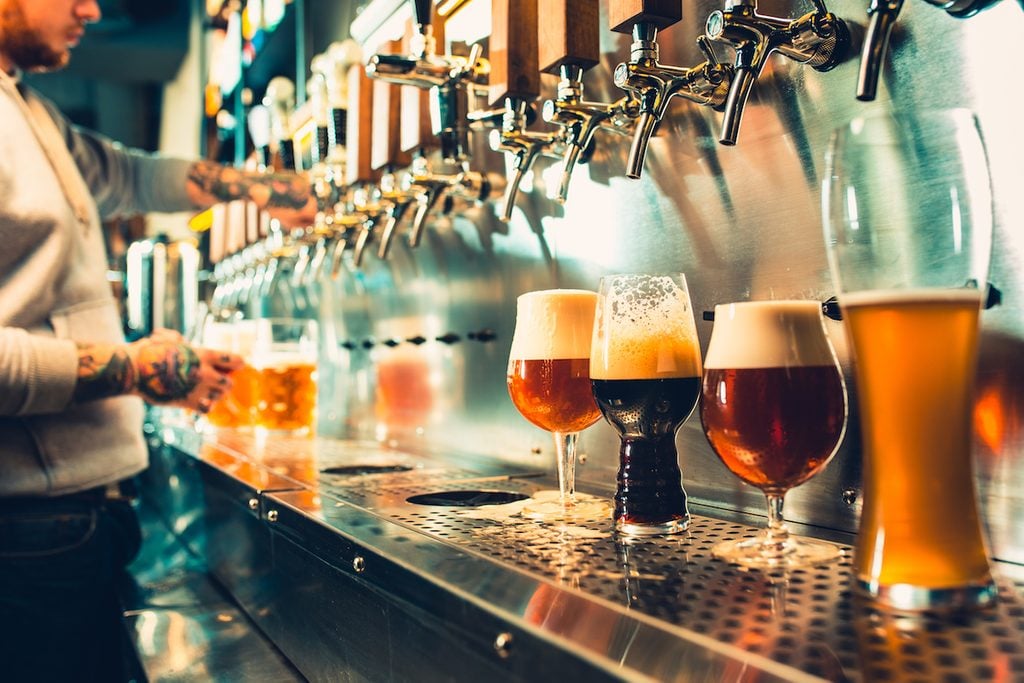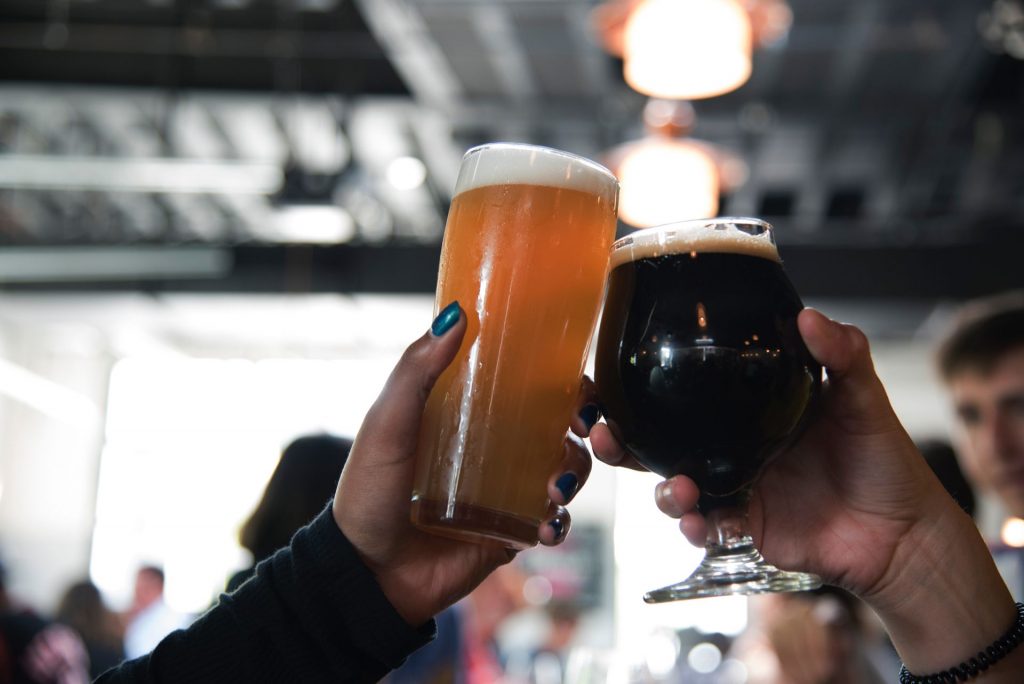Beer, the quintessential beverage of convivial gatherings, has a rich and storied history that stretches back through the annals of time. From ancient civilizations to the bustling craft breweries of today, the tale of Bier is one of innovation, culture, and community. Let us embark on a journey through the ages, tracing the evolution of beer from its humble beginnings to the diverse array of brews enjoyed in the modern world.
Origins in Antiquity
Beer’s origins can be traced back to the dawn of civilization. In ancient Mesopotamia, Sumerians worshipped Ninkasi, the goddess of beer and brewing, showcasing the integral role of beer in religious and social practices. Early brewers crafted their concoctions using ingredients such as barley, wheat, and water, fermenting them with wild yeast to produce rudimentary brews. These early beers were often consumed through straws to filter out solid residues.
Medieval Brewing and Monastic Traditions
During the Middle Ages, brewing underwent significant advancements in Europe, with monasteries playing a pivotal role in refining brewing techniques. Monks brewed beer not only for sustenance but also as a source of income for their monastic communities. Their meticulous records and experimentation laid the groundwork for brewing as we know it today. Hops, a crucial ingredient in modern beer, were introduced in Europe during this time, providing both flavor and preservation qualities to the brews.
The Industrial Revolution and Commercialization
The Industrial Revolution marked a turning point in beer production, with the invention of steam power and refrigeration revolutionizing the brewing process. This era saw the rise of large-scale breweries, mass production, and the standardization of beer styles. Lager beer, fermented at lower temperatures, gained popularity, leading to the establishment of iconic beer brands that endure to this day.
Prohibition and the Rise of Craft Beer
The early 20th century brought challenges to the beer industry, notably with the advent of Prohibition in the United States, which dealt a severe blow to breweries and led to the closure of many establishments. However, the repeal of Prohibition sparked a resurgence of interest in beer, paving the way for the craft beer movement. Small, independent breweries began to flourish, prioritizing quality, innovation, and traditional brewing methods.
The Craft Beer Renaissance
In recent decades, the craft beer renaissance has swept across the globe, with enthusiasts and artisans pushing the boundaries of brewing creativity. From hop-forward IPAs to sour ales and barrel-aged stouts, craft breweries offer an unparalleled diversity of flavors and styles. Consumers increasingly seek out unique, locally-produced beers, fostering a sense of community and connection with brewers.
Embracing Tradition in a Modern World
Despite its ancient origins, beer continues to evolve in response to changing tastes and technologies. While large breweries dominate global markets, there remains a deep appreciation for the craftsmanship and authenticity found in small-batch brewing. Beer festivals, tasting rooms, and online communities provide platforms for enthusiasts to share their passion and knowledge, ensuring that the legacy of beer endures for generations to come.
In conclusion, the history of beer is a testament to human ingenuity and the enduring appeal of a beverage that has brought people together for millennia. From its humble beginnings in ancient Mesopotamia to today’s thriving craft beer scene, beer remains a symbol of celebration, culture, and camaraderie.



